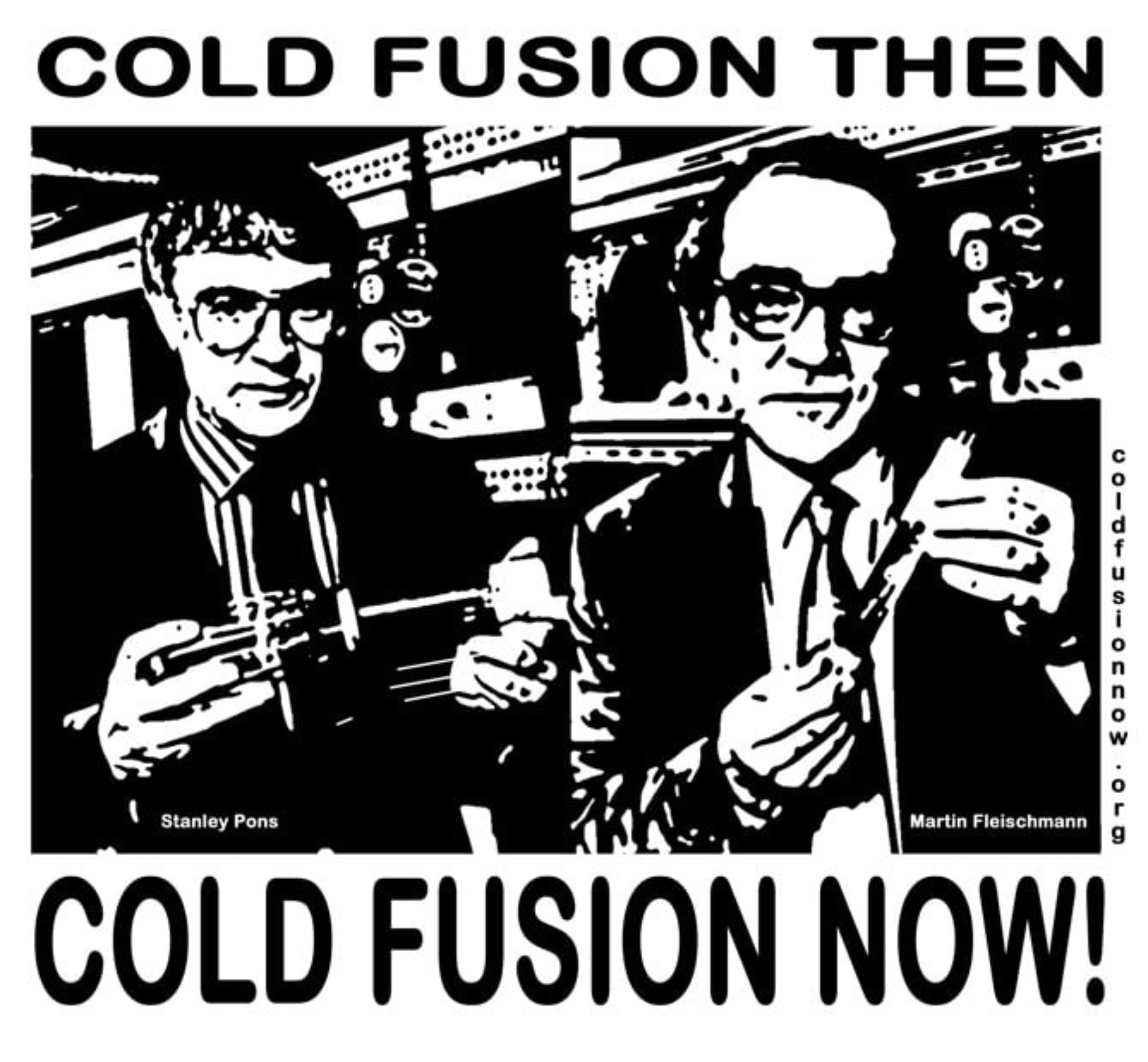We undergo periodic ”paradigm shifts” rather than solely progressing in a linear and continuous way. These paradigm shifts open up new approaches to understanding what was considered invalid before. This implies that the notion of truth, at any given moment, cannot be established solely by objective criteria and is defined by consensus reality.
For instance, most people’s notion of the truth is the “Scarcity paradigm.” An example of the Scarcity paradigm is the belief that while food production expands linearly, population grows exponentially.
In other words, comparing worldwide population growth rates to global resource consumption rates it seems clear that we are running out of resources (and time). Right now there is almost seven billion people and by mid-century it will probably be around ten billion.
We are running out of food, water, fish, and oil to satisfy this rapidly growing population.
Since 2005 the price of wheat, corn, and rice has more than tripled, which reflects a dwindling of global food stocks. We are already farming around 80% of the arable land with reports on climate change showing crop production declining by ten to twenty percent in the next ten years. By 2030 demand for food is expected to increase 50%.
Only half a percent of the world’s water is fresh, and many aquifers have been nearly pumped dry, so demand will far outstrip the supply in the next 30 years.
Bottom trawling destroys about 6 million square miles of sea floor each year, and according to most projections we will be the generation that will run out of wild fish.
But worse is running out of oil because the modern world was built with it and runs on it. It takes about ten calories of oil to produce one calorie of food. Around half of the fuel consumed is oil product and more than half of that oil is used for transportation, a very fast growing sector of the world economy. It is estimated that demand for oil will increase 50% by 2025.
On the other hand, oil production has been flat since 2005. Peak oil, the point when maximum oil extraction has been reached (after which it will go into terminal decline) is near.
Such facts bring about cynicism, pessimism, and despair. Most people believe that the world is going downhill fast and there is nothing anyone can do about it. The hole is too deep to climb out of, and any information that confirms that suspicion will be remembered, while conflicting data will not even register – a confirmation bias.
Furthermore, there is a direct link between imagination and perception. We are saturated with “if it bleeds it leads” news reports. Our brain evolved prioritizing immediate threats, and while many dangers are probabilistic, our mind can’t easily differentiate between the improbable and the likely.
This knee jerk things-are-going-down-hill moaning pessimism is incredible from people living amid luxury and security that their ancestors would have died for. Innovation has played a huge role in averting disaster.
For instance, mankind was reaching the limit of our ability to feed ourselves when early 20th century chemists invented a technology to produce fertilizer. The Haber process sustains one-third of the population today, and it is estimated that half the protein within human beings is made of nitrogen that was originally fixed by this technology.
Optimism rather than pessimism is a sounder basis for a paradigm accessing reality. A true measurement of something’s worth is the hours it takes to acquire it, and we undoubtedly have more free time and more ways to spend it than our ancestors.
We’ve seen enormous progress in the last couple of centuries. Today, most poverty-stricken Americans have a TV, telephone, electricity, running water, a refrigerator, and indoor plumbing, luxuries the richest men on the planet didn’t have one hundred years ago.
In particular, there is a new clean, very very cheap, and super abundant energy technology emerging called “Low Energy Nuclear Reaction” (LENR for short). It uses hydrogen and nickel to produce heat. No nuclear materials are used for fuel, and none are produced.
“A volume about the size of a #2 pencil eraser of water provides as much energy as two 48-gallon drums of gasoline. That is 355,000 times the amount of energy per volume – five orders of magnitude.” ( http://oilprice.com/Energy/Energy-General/New-LENR-Machine-is-the-Best-Yet.html ).
This phenomenon (LENR) has been confirmed in hundreds of published scientific papers: http://lenr-canr.org/acrobat/RothwellJtallyofcol.pdf
“Over 2 decades with over 100 experiments worldwide indicate LENR is real, much greater than chemical…” —Dennis M. Bushnell, Chief Scientist, NASA Langley Research Center
“Total replacement of fossil fuels for everything but synthetic organic chemistry.” —Dr. Joseph M. Zawodny, NASA
Unfortunately, the Scarcity paradigm is preventing people from believing this. The real possibility of electricity too cheap to meter is dismissed due to a confirmation bias. People’s minds can’t readily imagine this new energy technology being real, so they perceive that it is impossible.
Since any new technology needs investment for research and development, this Scarcity paradigm is a self-fulfilling prophesy. While there are new technologies emerging to address a score of scarcity issues like clean water, food availability, sewage disposal, security, housing, communication, education, information, environmental degradation, and transportation, many hinge on the abundance of cheap energy.
To summarize, most people believe that the world is going downhill fast and there is nothing anyone can do about it. Our mind can’t easily differentiate between the improbable and the likely. The tragic result is that we have difficulty imagining things getting better, which leads to the knee jerk rejection of likely solutions. If we could make the shift from the Paradigm of Scarcity, which so many people have so much invested in, to the Paradigm of Abundance, which seems too-good-to-be-true, a positive feedback will occur, where every new innovation will speed the next.
Our future will be so bright we’ll have to wear shades. The only catch is that we have to believe.
